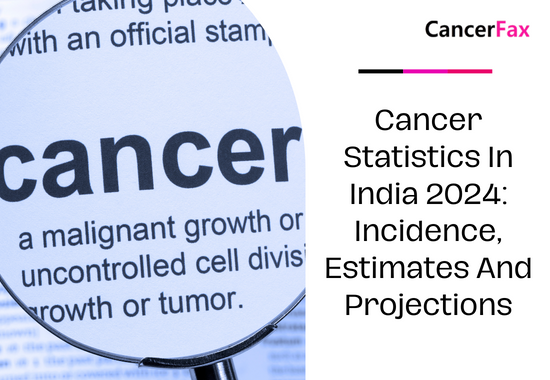Compared with other malignant tumors such as non-small cell lung cancer (NSCLC) and breast cancer, head and neck squamous cell carcinoma (HNSCC) is relatively rare in the United States. There are about 500,000 cases worldwide each year, and the vast majority of patients have locally advanced diseases, most of which are treated in a multidisciplinary background using a combination of surgery, radiotherapy and chemotherapy. Human papillomavirus (HPV)-related head and neck cancer has become an almost independent disease group, with unique tumor biology, patient characteristics, and lack of related conventional risk factors, such as smoking and drinking, which are often associated with HNSCC Related.
Developing effective treatments for metastatic head and neck cancer is challenging and progress is slow. Prior to 2016, the most recent approval for metastatic head and neck cancer drugs was for cetuximab (Erbitux) in 2006.
There are also some clinical trials on HNSCC. The efficacy of bevacizumab combined with platinum-based first-line treatment of metastatic HNSCC was recently evaluated in a large randomized phase III clinical trial of more than 400 patients. Although the addition of bevacizumab did not significantly improve the statistical OS, it did improve progression-free survival (PFS) and response rate. PD-1 inhibitors nivolumab (Opdivo) and pembrolizumab (Keytruda) also joined the HNSCC treatment army. KEYNOTE-012 is a phase Ib study to evaluate the expression of PD-L1. KEYNOTE-055 is a phase II trial to evaluate fixed-dose Pembrolizumab for patients with refractory platinum and cetuximab. We look forward to the gratifying results of these tests and FDA approval.

